history's most questionable parenting tips
Consider this an instruction manual on exactly what not to do.
Worried about whether you're doing this parenting thing right or not? You might feel a lot better once you read about the standards parents were once subjected to below. Rest assured, if you're not locking your baby in a cage or depriving your child of hugs, you're probably doing quite all right.
EMOTIONS If new mums didn’t have enough to worry about already, they were once warned of a grave risk to their baby’s health and wellbeing: their own internal thoughts. Advice books from 1916 suggested breastfeeding while angry would give the child colic. Meanwhile, in order to have a good-looking bub, mums-to-be were to refrain from “thinking ugly things”. In the 1950s, there were rules for treating post-partum depression, too: apparently, the best way to get over the baby blues and “solve emotional problems” was to spend some time stripping furniture.
HYGIENE The need to keep a newborn clean is a historically contentious topic, if a 1972 issue of Mother & Baby magazine is to be believed. “If you insist that your baby should be always sweet and dry and clean, you are going against nature,” it read. “Babies are easy-going about a little dampness.” They would have no issue, then, with the early-1900s trend of smearing brand-new babes in fresh butter or lard. Apparently a week of greasing was needed to properly remove the waxy vernix coating they’re born with.
TOILET-TRAINING Perhaps it was the purported fear of diarrhoea and tummy bugs, or maybe they just got sick of hand-cleaning soiled nappies, but in the 1930s, new parents were taught to start toilet-training early – in fact, just two months in. A US government pamphlet insisted it was a key part of an infant’s “character-building”. Meanwhile, British doctor Pye Henry Chavasse said, “If we lock up the bowels, we confine the enemy and thus produce mischief.” So, how was the training achieved? By simply holding the baby over the bowl at the same time each day, and “using a soap stick, if necessary” to activate a bowel movement.
OUTDOOR TIME Ye olde doctors were big on the idea of ‘airing out’ tiny tots to improve their health – so much so that in the 1930s, baby cages made their debut. Approximately the size of an air-conditioning unit, with just a blanket or basket shoved inside, they were attached to the outside of an inner-city apartment window, allowing the kids dwelling within to get their daily dose of vitamin D and fresh air.
AFFECTION Showering your child with love wasn’t common back in the day. In fact, a 1928 parenting manual said the best way to avoid raising “a little tyrant” was to “never hug or kiss your children. Never let them sit on your lap. If you must, kiss them once on the forehead when they say goodnight, and shake hands with them in the morning.” This strict approach stuck in certain circles, all the way through to 1962 when an American paediatrician warned that too much love would result in – gasp – raising a socialist.
BREASTFEEDING Nipples giving you grief thanks to some rather fervent breastfeeding? A century ago, an unexpected treatment would have been prescribed: a mixture of boric acid and starch. (Boric acid, for the record, is now commonly used as a pesticide.) Old mate Dr Chavasse urged mums to wean their kids completely before they were nine months old, lest they develop “brain disease” or send their mother completely blind.
DIET Speaking of weaning: history has seen tiny tots fed some very unusual things. In the Middle Ages, water was often severely contaminated, so parents turned to the next best option: beer. In the mid-’50s, early treats included raw egg yolk and plenty of boiled tripe (supposedly a “nursery favourite”). Paediatrician Walter W. Sackett Jr went a step further in his 1962 book Bringing Up Babies, suggesting they start on cereal at just two days old, strained vegetables at 10 days, then by nine weeks, they’d be “eating bacon and eggs, just like Dad!”
This collection of child-rearing tips comes straight from the pages of frankie 100. Head here to find your closest stockist, pick up a copy from our online store or subscribe from $59.50.
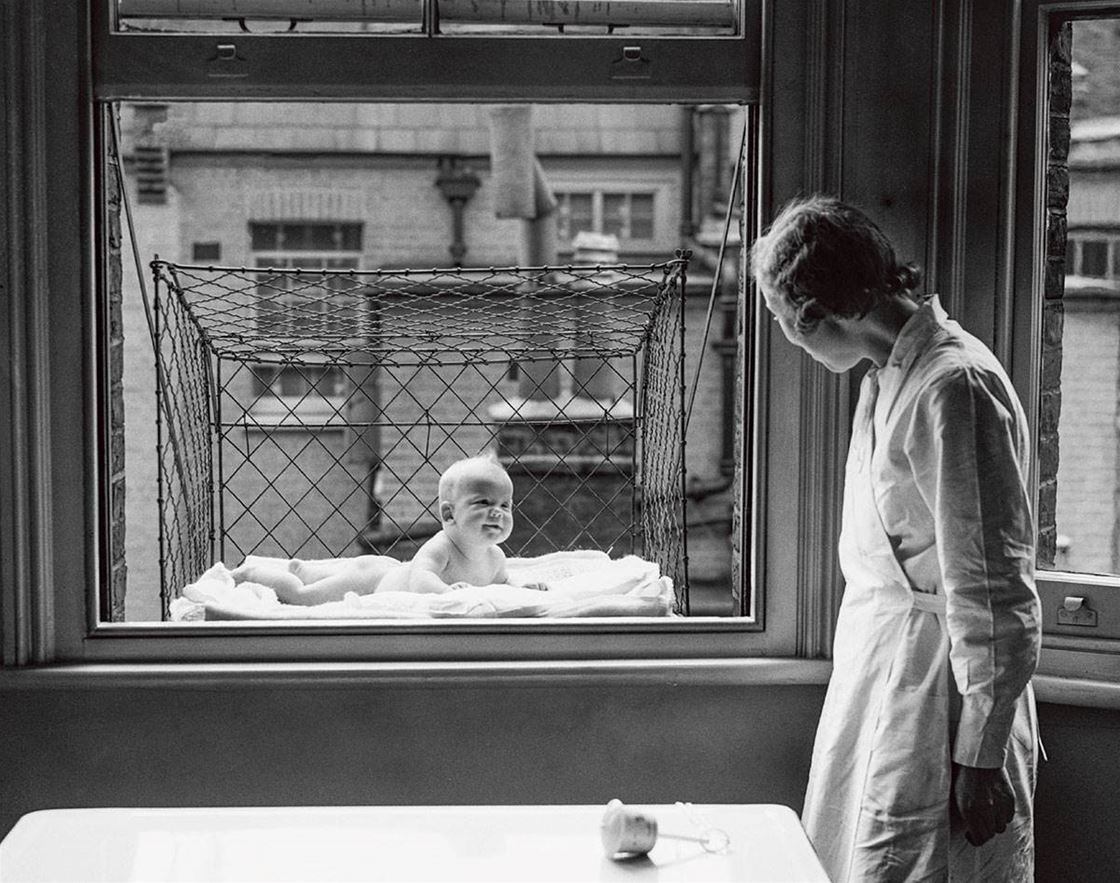
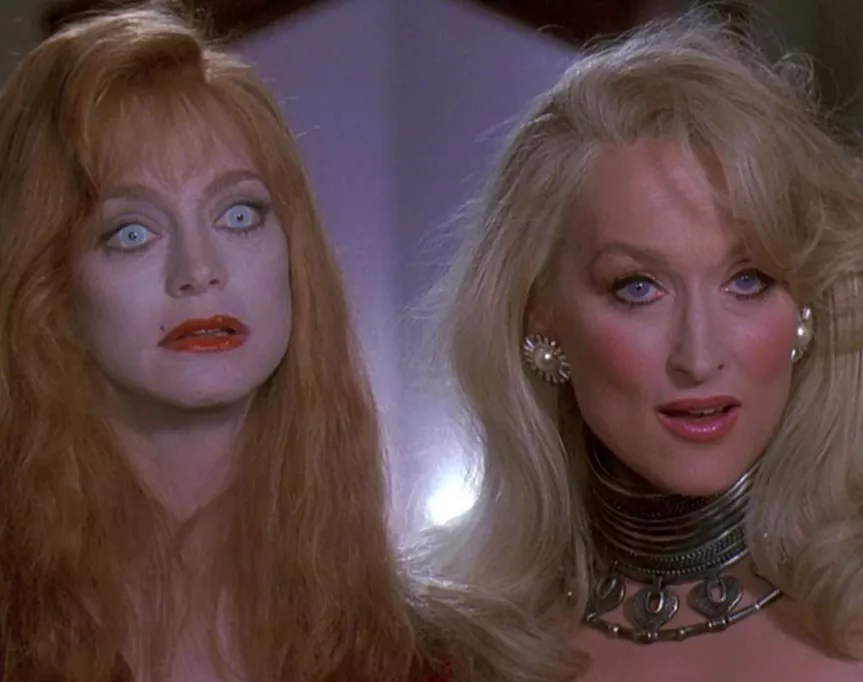
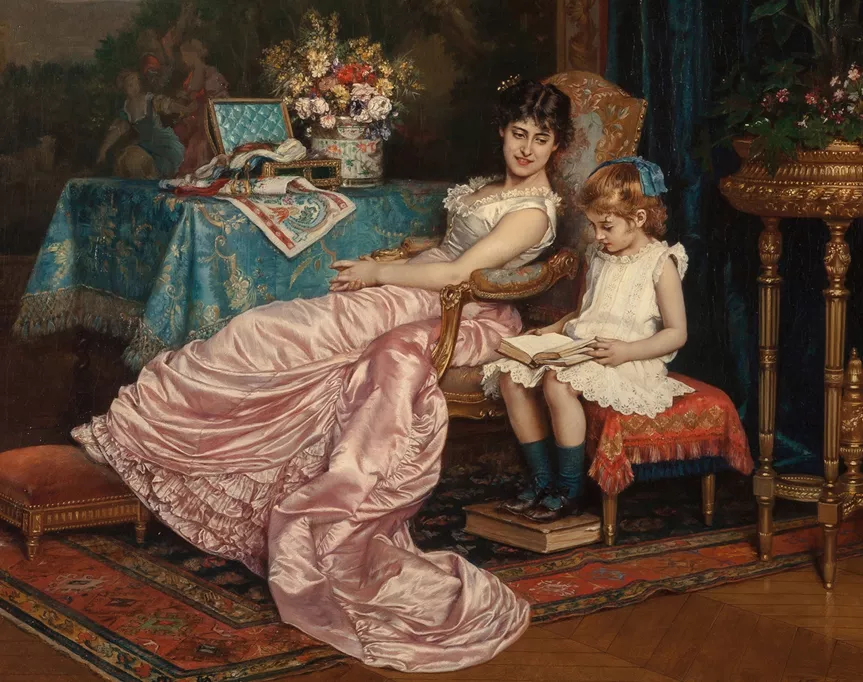

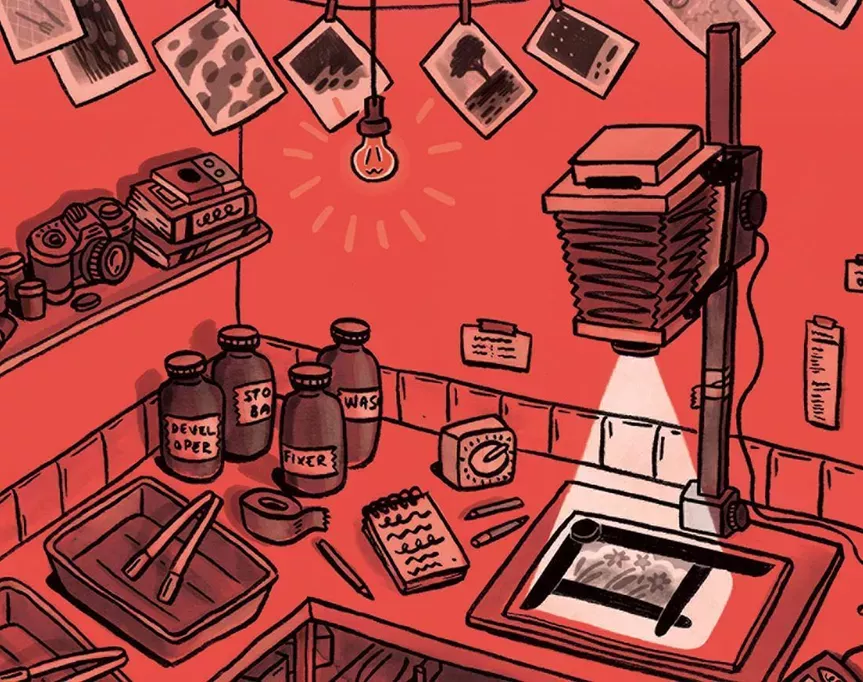

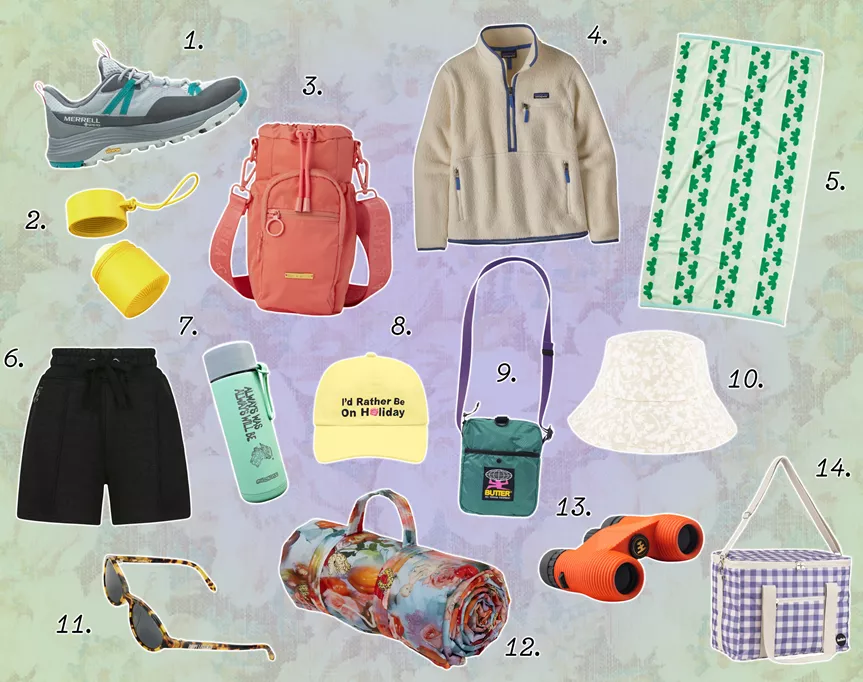
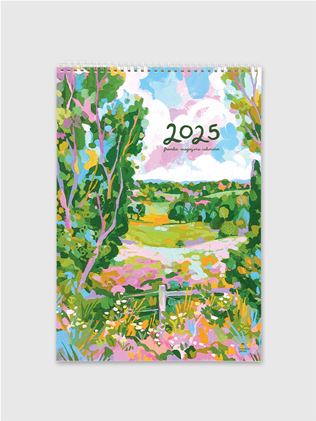
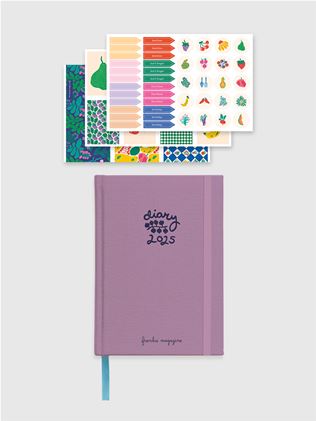
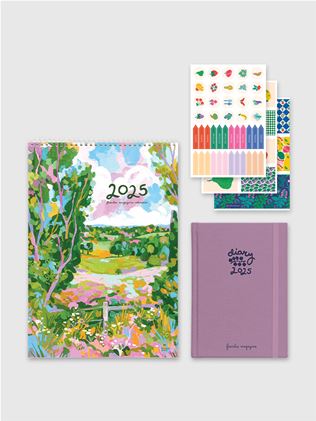
.jpg&q=80&w=316&c=1&s=1)



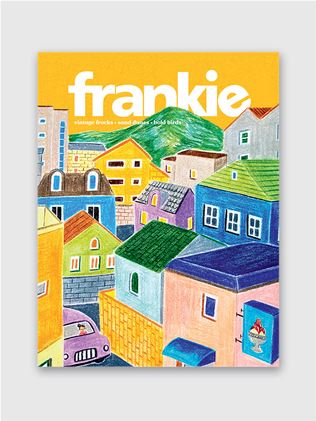


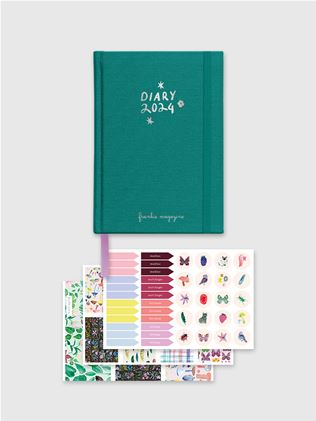



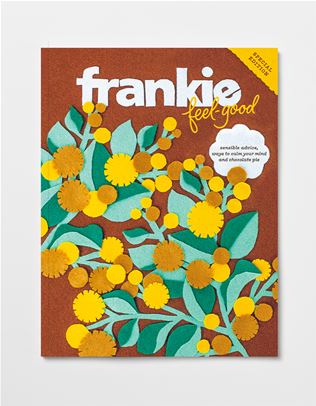






.jpg&q=80&w=316&c=1&s=1)










